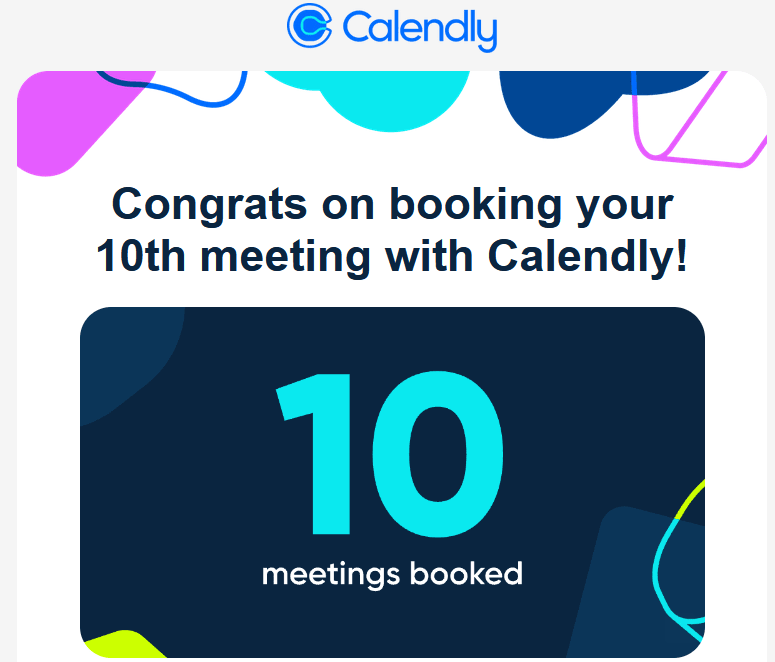A plea to EAG Boston presenter...
Some presentations stick with you after EAG. Some evaporate as you leave the room. While there is a lot of amazing content at EAG, I'd like to seem more consideration on how to deliver a message that sticks. From my experience presenting to the firing squad, here are some tricks of the trade -
1) Figure out who is your primary audience you are speaking to. If you try to cover everyone, you will usually lose everyone.
2) Narrow down to the one message you want them to walk away with.
3) Consider tying your main message to a Call to Action.
4) For an hour slot, consider the 10/20/30 rule.
10 slides - less is more;
20 minute talk (+ 20 minutes to fix the internet, A/V gear, etc + 20 minute buffer for audience interjections);
30 pt font - less is more;
5) Max 7 bullets per slide
6) DO NOT read the slide
7) Be authentic, for your audience to buy your message they need to buy into you
If you prefer to hear it from an ex-Apple evangelist saying it more charmingly: https://www.youtube.com/watch?v=51TLge2peLc
Celebrating your users - this just popped into my inbox celebrating my double digit meetings using the Calendly tool. It highlights a great practice of understanding your users' journey and celebrating the key moments that matter. Onboarding and offboarding are key moments, but so are points that can transition them to a power user. From forum stalker to contributor. This allows me to reflect on how good an experience I've had that I keep using this tool (make sure it is good), and as a next step suggests tips on how I can use the tool more pervasively to get more embedded in the ecosystem. So think about how you can celebrate your users when community building.

This just seems like another annoying spam / marketing email. I basically never want any unnecessary emails from any company ever.
Could EA benefit from allowing more space for contemplating a response after a post goes up?
This is a post from Jason Fried who write a lot about modern work practices implemented at his company 37 signals - https://www.linkedin.com/posts/jason-fried_dont-be-a-knee-jerk-at-most-companies-activity-7043983774434414593-Y0jG
He describes not encouraging instant, first impression reactions to idea pitches through flipping the communication process. They put out long form content about the idea before the presentation so there can be more developed responses. For posts in the forum, I feel like posts go for quick comments and that helps it rise to the frontpage and gather more comments. Its good and bad to me and I wonder what an improvement could look like.
(Yes, I knee-jerk wrong about this after seeing the post. )
On the automation of wisdom -
Norman Douglas:
“There are some things you can’t learn from others. You have to pass through the fire.”
A short while ago, there was a contest on the forum to write about the difference between Knowledge and Wisdom. Of course it's been done before! This is a quick video sharing one perspective -
Shower thoughts: AI has advanced its intelligence so fast by running thousands of iterations of training. In a way, it has lived a thousand lifetimes during our human lifespan. If each training run was one life, could that be analogous to one human life? If AGI has a survival instinct, could that be analogous to the drive for the survival of the human race as a species? Does that then change the way to look at control or coexistence mechanisms with AGI?
Oh, so apparently this is called the "Second Species" theory. I'll need to read more on it.
The Atlantic article by Jacob Stern points out that there is no great analogy to capture the essence of Artificial Intelligence. But if there was, then AI would probably just be a subcategory of that idea. AI can be thought of as a combination of things but it is really its own category. Perhaps the best way to put it - AI is like a Chimera with the destructiveness of Nuclear weapons, the uncontrollable virality of Social Media, the double-edged sword of Drug discovery, and the transformative power of Electricity. It is like a lot of things but put together, it may have far reaching implications we have not begun to comprehend.
"Freedom has come to mean choice. It has less to do with the human spirit than with different brands of deodorant...The "Market" is a deterritorialized space where faceless corporations do business, including buying and selling "futures." -Arundhati Roy




Shower thoughts: AI has advanced its intelligence so fast by running thousands of iterations of training. In a way, it has lived a thousand lifetimes during our human lifespan. If each training run was one life, could that be analogous to one human life? If AGI has a survival instinct, could that be analogous to the drive for the survival of the human race as a species? Does that then change the way to look at control or coexistence mechanisms with AGI?
Despite the enormous number of learning AGI has accomplished, It hasn't produced something similar to a replacement consciousness. I guess the current trajectory is useful to other areas of intelligence - but not a replacement to our human cognitive capacity.